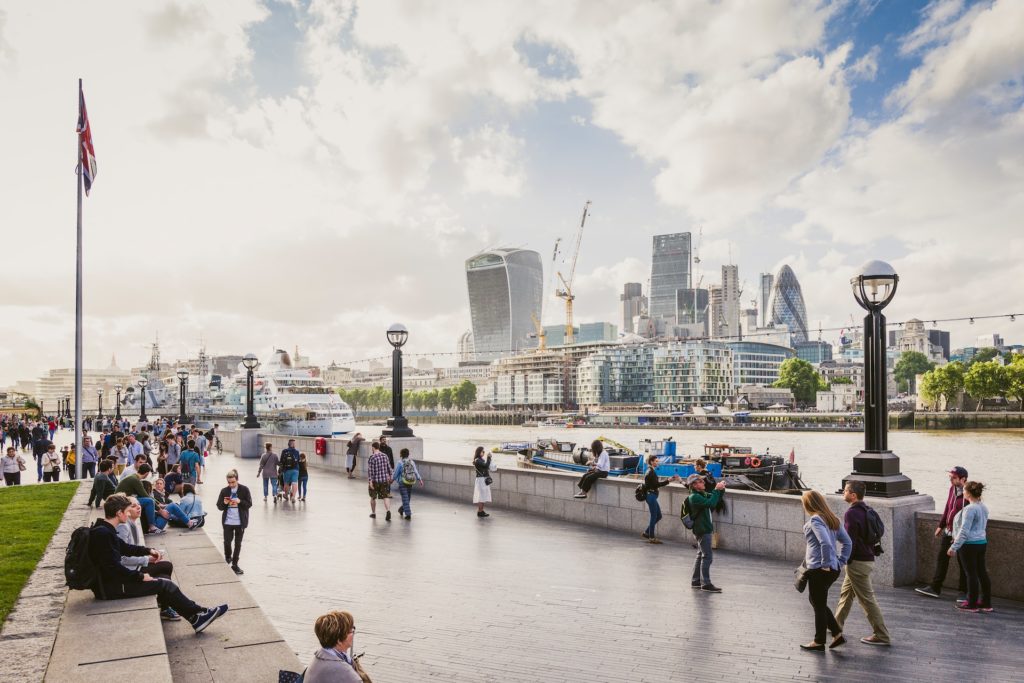As per the agreement between the Talibans, the United States, and NATO in February 2020, the occupying armed forces exited Afghanistan in September last year. To make the exit memorable, the President of the United States, ensured the exit came on the 11th of September, honoring the victims and survivors of the 9/11 attacks on the World Trade Center and elsewhere in the US.
As a natural response to the evacuation, thousands of Afghans fled the country too; wherever they could. Mostly to their neighboring countries of Iran and Pakistan. Few, who had relatives in the western world took their chances too. The wave of fleeing Afghans is constant and continuous.
The United Kingdom is one such country where a sizeable Afghan population is settled; Several parliamentarians were bombarded with inquiries regarding the protocol and procedure to invite Afghans to the UK. Eventually, the House of Commons published a report in January 2022 described as “UK Immigration Routes for Afghan Nationals”.

Operation Pitting
In August 2021, a month before the armies left Afghanistan, a military-led evacuation was launched to evacuate the families of British and Afghan Nationals living in the UK, people eligible for relocation schemes, and other severely vulnerable families or individuals.
The status given to the evacuees is of indefinite nature and they can live under the appropriate immigration category.
ACRS (Afghan Citizen’s Resettlement Schemes)
The scheme was launched on January 2022 to accommodate nearly 20,000 Afghans for the next few years. The current focus of the state is to grant appropriate legal status to the Afghans already in the country, however, the scheme is multi-dimensional. It is aimed at resettling Afghans in the neighboring countries as well as the displaced population within Afghanistan.
ARAP (Afghan Relocation & Assistance Policy)
The process of resettling Afghans in the UK is a scheme initiated around the same time as the ACRS. The purpose of ARAP is to cater to relocate and assist Afghans who were employed by the British government, particularly those ex-British employees who fear reprisals from the Taliban.
Schemes under ARAP
Currently, there are two sub-schemes underway to relocate, assist, and resettle Afghans.
- The ex-gratia redundancy & settlement scheme: aims to relocate Afghans in the UK who fulfill the below two conditions:
- Employed directly by His Majesty’s Government (HMG) on 1st May 2006 (not employed by a third party)
- Remained employed for more than 12 months continuously
- Current employees: who are deemed to be at threat from the Taliban or other warlords in Afghanistan. The conditions for eligibility are:
- Employed since 2001
- Directly working under the HMG (not employed by any third party)
Note that as of now, the UK government discourages visa applications as there is no formal infrastructure in Afghanistan to ensure biometric information from the applicants. Whereas Afghans who are outside the country and can access an embassy or visa application facility are permitted to apply for a UK visa. However, the UK government strongly advises against traveling “people at risk” to other countries.
Seeking asylum
As a policy, asylum cannot be applied for while living in Afghanistan; it is not a visa to travel, and should not be confused as one. A person can only seek asylum once inside the UK. Even then, the new policy from Home Asylum recommends asylum in very rare cases, primarily to those who are eligible for relocation and assistance criteria laid out in the ARAP and ACRS schemes.
Vulnerable Afghan civilians
A large population of Afghans who are not eligible as per the previous two schemes yet extremely vulnerable due to many reasons such as being seriously wounded, under immense threat, parentless children, etc. The phase where such individuals or families are identified is handled by the Foreign Commonwealth & Development Office (FCDO).
Once identified, vulnerable Afghans were granted “leave outside the rules” to be evacuated to the UK safely and will be dealt with according to the ACRS.
Immigration status and entitlements
Whether the Afghans were brought to the UK under ACRA, ARAP, or Operation Pitting are allowed to stay in the country for an indefinite period. The policy is applicable to the evacuees in the first wave as well as the Afghans who come in the future until notified otherwise.



